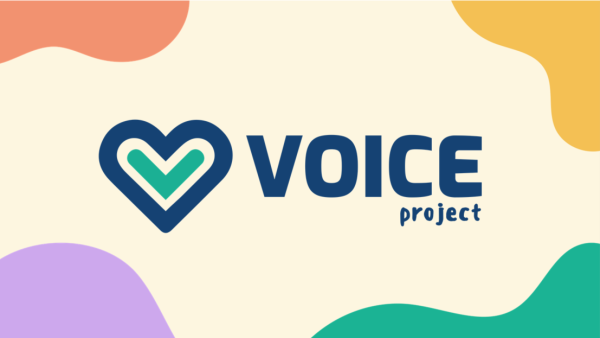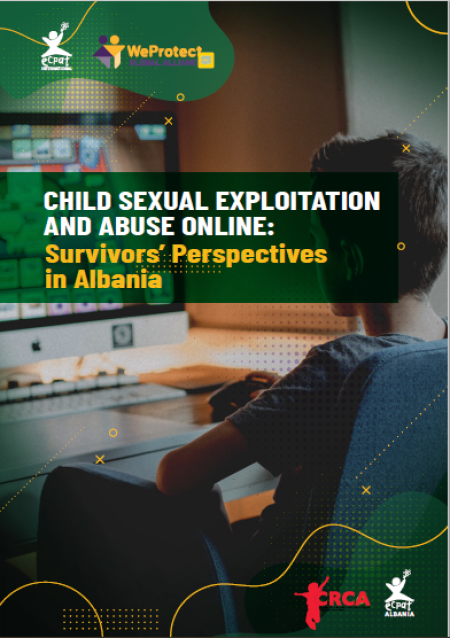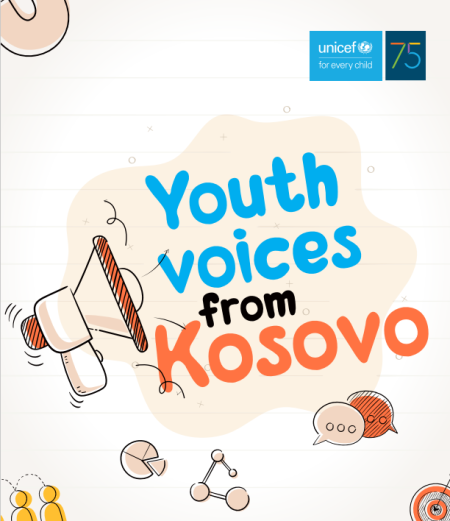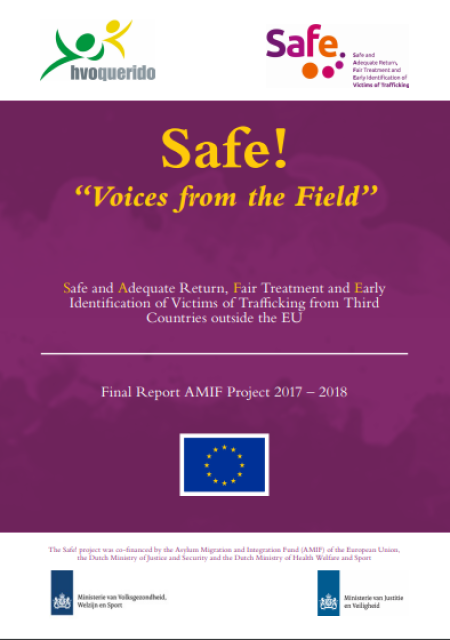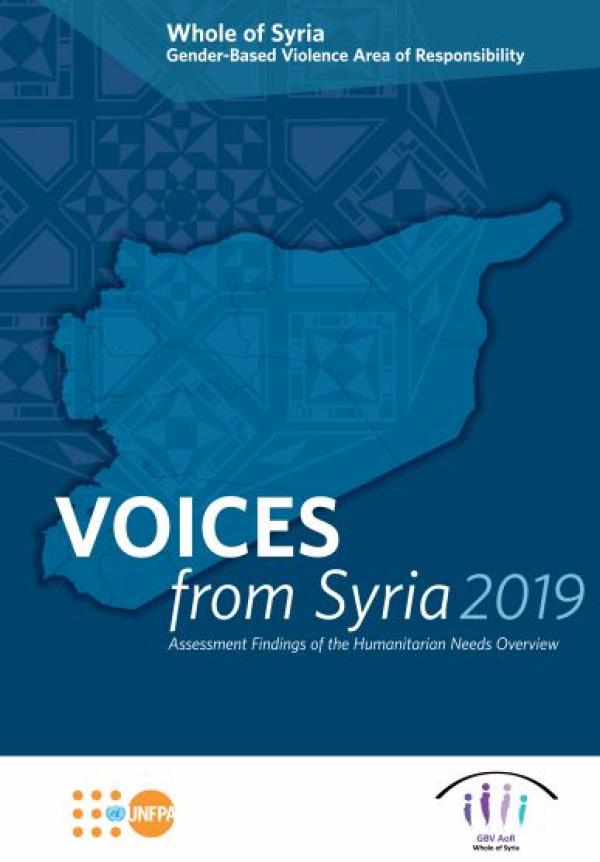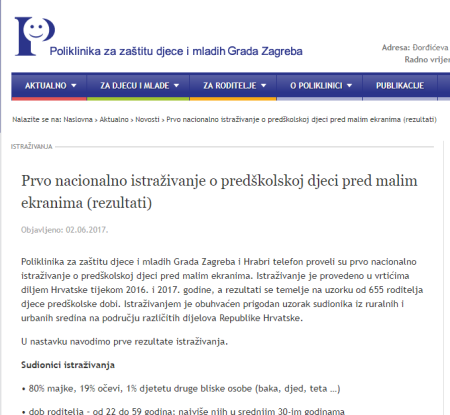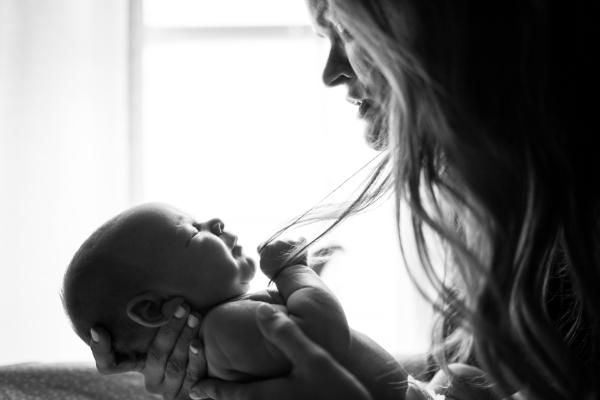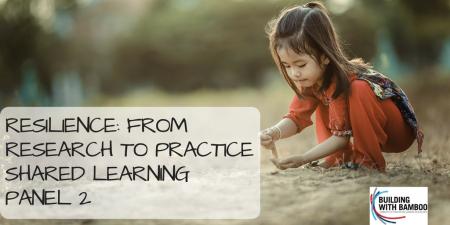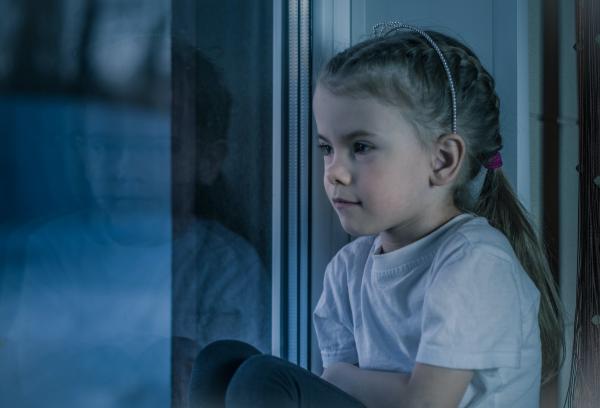
Today, the VOICE project consortium, formed by ECPAT International, Eurochild and Terre des Hommes Netherlands, is launching the report “Behind the screens: Early Findings from the VOICE Research”.
The VOICE research aims to listen to the views of children and caregivers and share their insights and opinions about online child safety to inform policy at the national and EU level, as well as globally.
Using a mixed-method approach across 15* countries, the VOICE partners consulted a total of 316* children through focus group discussions and surveyed 6618 caregivers. As we start to delve into what children are telling us, this report offers a preview of the valuable perspectives of parents and caregivers on online safety, along with some initial reflections from children. The report presents preliminary insights, as the children’s perspectives from all participating countries have not been fully collected and analysed at this stage.
By exploring the nuanced aspects of children's online safety, we're setting the stage for meaningful discussions, paving the way for the in-depth report to be presented in March 2024.
Particularly, we delve into the challenges parents and caregivers face addressing online child sexual abuse and highlight their call for increased support from all stakeholders to protect children online. The report shows that although parents and children take primary responsibility on their online safety, they are asking for more digital literacy and other tools to enhance their capacity to address evolving online risks. This includes resources to facilitate a safe space to have conversations about online sexual abuse with children. The findings also report an overall low satisfaction of caregivers with the current safety measures available and a call for enhanced protection of children, especially from child sexual abuse.
We would like to express our gratitude to our implementing partners in the 15 countries involved, this project would not be possible without them.
You can read the full report here.
For more information, please contact Fabiola Bas Palomares, Policy and Advocacy Officer - Online Safety.
*Note that the participation count of children in the focus group discussions is preliminary and subject to increase as additional discussions take place. The reported number pertains to the 12 out of 15 countries included in the ongoing research project.

